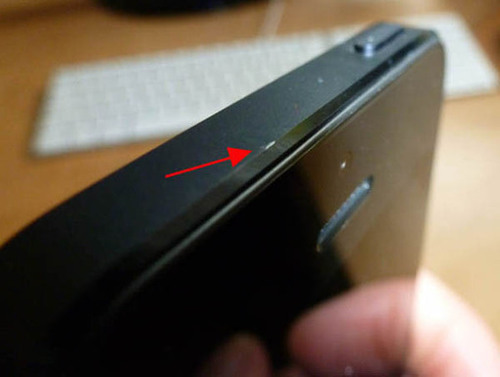Mar 10 2013
Poka-Yoke at Toyota: the Current State

Mikiharu Aoki kindly sent me his 2012 book on mistake-proofing (Poka-Yoke) in Toyota factories. I had asked him for it out of curiosity about new developments in this field.
The classics on Poka-Yoke are Shigeo Shingo’s Zero Quality Control (1986) and Productivity Press’s big red book (1987), both of which are useful but leave you hungry for more examples that do not date back to the 1960s and 70s.
In Make No Mistake (2001) Martin Hinckley reused many of the same examples, but added a few using more electronics, discussed the relationship between mistake-proofing and statistical methods, and included a directory of suppliers for tools and devices. I spot-checked the websites of a few of them and, 12 years after publication of the book, found they were all still around.
While Taiichi Ohno and Shigeo Shingo were men of my grandparents’ generation, Mikiharu Aoki is my contemporary. He is not a founding father of the Toyota Production System, but he has worked in its modern incarnation for 26 years before becoming a consultant. He has written several books — only available in Japanese — and all but one with “Toyota” in the title.
Part I is a discussion of the steps needed to implement Poka-Yoke; Part II, 72 actual examples explained through conceptual diagrams and cartoons.
Part I, about 1/3 of the book, first discusses 5S, standard work, process capability, and one-piece flow as prerequisites to mistake-proofing. It then distinguishes the categories of mistake-proofing devices, such as the ones that physically prevent mistakes versus those that prevent defectives from escaping to the next process. It describes the use of Andons to trigger responses to problems detected by mistake-proofing, and expresses a preference for devices that involve direct, mechanical contact with work pieces over sensors and electronics, because their operation is visually obvious.
On the other hand, I did not see recommendations on how you organize the implementation of mistake-proofing, monitor progress, and make sure that the devices do not deteriorate or fall out of use over time. This is not covered either in any of the other books I have seen on the subject.
The examples in Part II are more similar to those in the older books than I expected. The tangs used to prevent mounting the button in the wrong position on a music player control panel are a classic, and the same method is used in my HP inkjet printer to prevent mounting ink cartridges in the dock for a different color.

In the following case is also consistent with the older Poka-Yokes: the outer dimensions of products are used to tell them apart and make different sets of parts available for assembly.

Clearly, the way it works, and whether it works, is obvious. By a method that relies on differences in the outer dimensions of a product is only applicable where such differences exist. With car engines, they do; with computers, they don’t, and many different configurations of the same product are mounted in the same chassis. In such a context, you have to resort to bar codes, QR codes, or RFID tags and the computer systems that go with them.
I expected to see more use of this kind of technology in current Poka-Yokes, but I understand that Aoki’s book is about car manufacturing and that you want, as much as possible, the devices to be invented on the shop floor by production people.
Among Aoki’s books, the one without Toyota in the title is called “All about car factories” (自動車工場のすべて, November, 2012), and its purpose is to explain in an integrated manner both the production process and production control sides of car making. Aoki also included it in his package to me, but I have not had a chance to look at it yet. I will keep you posted.







May 10 2013
Michelin’s Obsession with Quality | Pete Selleck | IndustryWeek
See on Scoop.it – lean manufacturing
“…It’s brand image,” he explained. “There is tremendous value to the perception of trust—customers don’t want to worry about the products they buy; they want it to be trouble free. We can offer them that….
We all use the same equipment to make tire, so we know it’s not the equipment that makes the difference. It’s the interface between the equipment, the material and the person—the training and the qualification of the person—that makes the difference.”
I see two key statements in this article, both quoted above:
See on www.industryweek.com
Share this:
Like this:
By Michel Baudin • Press clippings 1 • Tags: Lean manufacturing, Michelin, Quality, Selleck